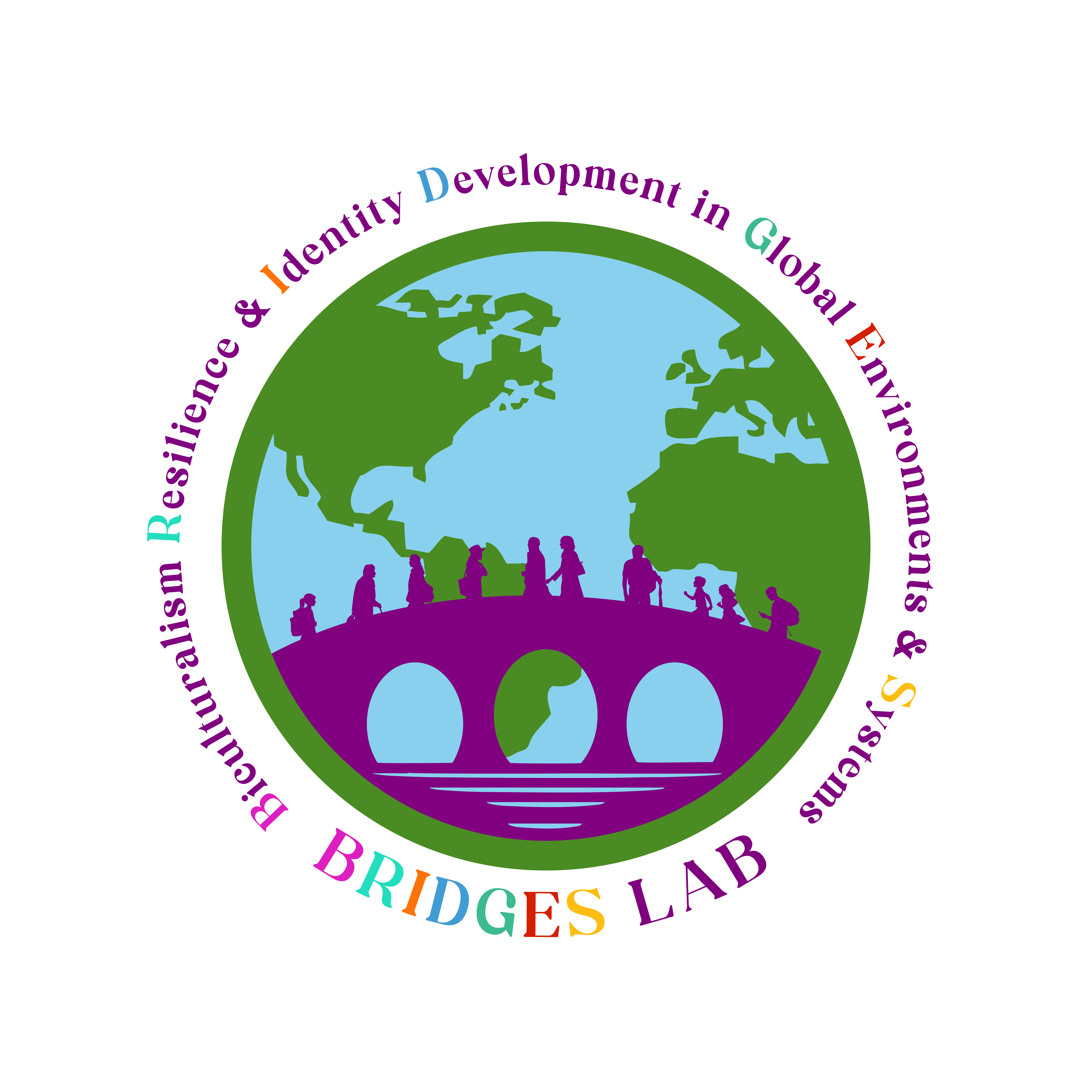Between Two Worlds (B2W)

Although biculturalism is often described as a desirable outcome associated with positive adjustment, the empirical support for this hypothesis is inconsistent. Mixed findings may reflect methodological and conceptual shortcomings of prior work. Indeed, our exhaustive review of the literature identified key recommendations to advance a more comprehensive scientific understanding of biculturalism by underscoring the importance of carefully assessing the construct in a manner that captures its multifaceted nature (Safa & Umaña-Taylor, 2021).
The purpose of the B2W project is to improve understanding and measurement of affective and behavioral components of bicultural identities and competencies. To this aim, this qualitative project involved focus groups with structured activities to prompt discussion and gather information on how U.S. Mexican-origin college students (N = 54) affectively and behaviorally manage their bicultural experiences. Our focus groups enabled youth to reflect on how memberships in multiple cultural systems have impacted their identities, feelings, behaviors, and development. Findings have informed measurement refinement and greater construct specificity (e.g., bicultural facility vs. comfort).
Investigative Team:
M. Dalal Safa (The University of North Carolina at Chapel Hill)
Funding Sources:
Arizona State University via Emeritus Faculty Fellowship Award
Arizona State University via Graduate Professional Student Association Research Award
